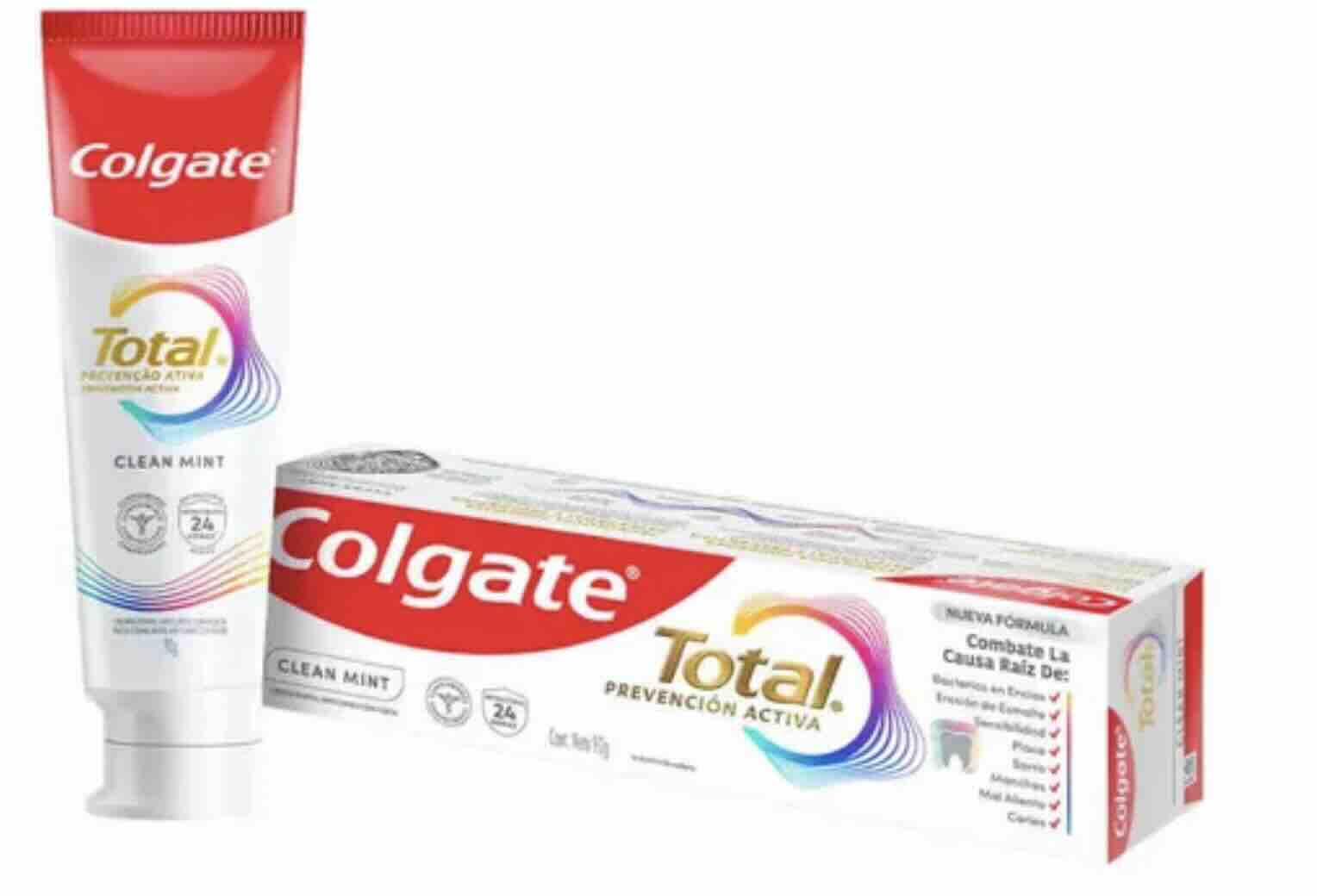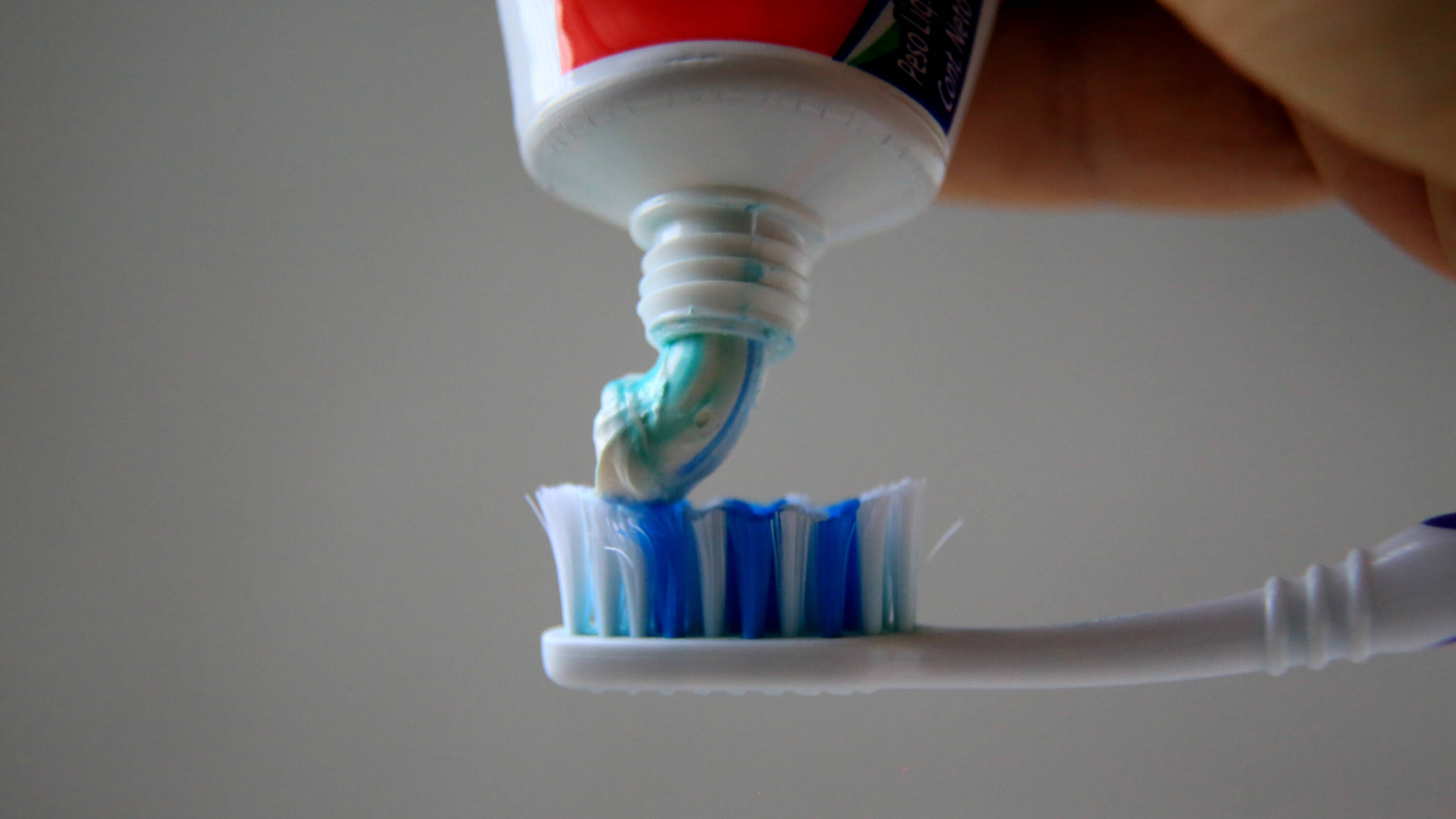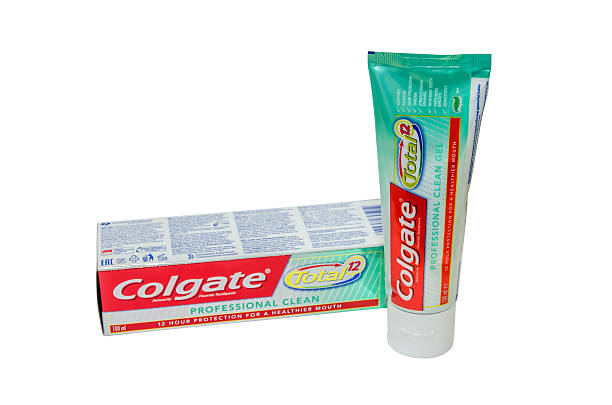What is stannous fluoride, a component found in Colgate and Oral B toothpastes that has been banned in Argentina and Brazil?

Through their official websites, Colgate and Oral-B clearly state that they include stannous fluoride in their ingredients, emphasizing that it is scientifically proven and offers preventive benefits beyond simple protection against cavities. These clarifications aim to more precisely define the compound's function.
However, following the alert issued by the National Institute for Food and Drug Surveillance (Invima) regarding certain toothpastes that may contain high concentrations of stannous fluoride , which would represent a potential health risk for those who use them, concerns have arisen among consumers about what this element is and what the reactions to its use might be. We'll tell you more.

Colgate Total Clean Mint toothpaste banned. Photo: iStock
Colgate describes this compound as a key ingredient in preventing cavities , gum problems, and tooth sensitivity. It also notes that it strengthens tooth enamel, the tough outer layer of teeth, which helps prevent cavities. According to them, dentists often recommend the regular use of toothpastes containing fluoride.
Saliva plays a natural role in repairing plaque, demineralizing sugars and acidic carbohydrates that wear down enamel , as it neutralizes acids and provides essential minerals such as calcium.
Fluoride enhances this remineralization process, helping to reverse the first signs of cavities and strengthening enamel against further acid attacks, especially when accompanied by good oral hygiene.

Stannous fluoride alert in popular toothpaste brands Photo: iStock
For its part, Oral-B explains that stannous fluoride, when properly stabilized, has been shown to offer superior and more comprehensive protection compared to other types of fluoride, helping to combat bacterial plaque, gum problems, bad breath, and tooth erosion.
The reduction in bacterial plaque observed with products containing stannous fluoride is attributed to the action of the tin ion, which acts on gram-positive and gram-negative bacteria, two main groups of viruses.
This compound has been shown to reduce the metabolic activity of bacteria present in plaque, which in turn decreases the production of extracellular polysaccharides (EPS), responsible for plaque adhesiveness.
In addition, tin prevents plaque from recurring, even in hard-to-reach areas, and its antimicrobial effect lasts for 12 hours.
After the use of stannous fluoride, the formation of layers of tin fluorophosphate or tin oxide, compounds related to tin, on the surface of tooth enamel has been identified , which is why it helps with sensitivity.
However, given the many benefits this compound may offer, a statement from the Argentine government reported that the National Administration has begun receiving reports of various adverse effects after using these toothpastes. The National Institute of Health (INVIMA), for its part, explained the series of health symptoms caused by this same element.

Discomfort or pain in the mouth, tongue, gums, or lips are some of the symptoms of the element Photo: iStock
Invima (National Institute of Food and Drug Administration) has indicated that any potential adverse reactions associated with the use of toothpastes containing stannous fluoride should be reported . These reports can be sent to the manufacturers or importers of the products, or directly to the agency.
Health care providers have access to customer service channels to receive these reports. In the case of Invima, complaints must be submitted through the system enabled on its institutional website, in the "Complaints" section, including all available documentation, such as photographs, clinical reports, among others.
The symptoms that may occur are:
- Discomfort or pain in the mouth, tongue, gums or lips.
- Appearance of oral ulcers (small lesions on the mucosa of the mouth).
- Presence of wounds or cuts inside the oral cavity.
- Stinging or burning sensation.
- Inflammation or swelling (edema) of the tongue, lips, or other areas of the mouth.

Colgate Total Clean Mint toothpaste banned. Photo: iStock
LATEST NEWS EDITORIAL
eltiempo




%3Aformat(jpg)%3Aquality(99)%3Awatermark(f.elconfidencial.com%2Ffile%2Fbae%2Feea%2Ffde%2Fbaeeeafde1b3229287b0c008f7602058.png%2C0%2C275%2C1)%2Ff.elconfidencial.com%2Foriginal%2F0bf%2F82b%2Ff14%2F0bf82bf142fcd6b5c86052e44cba065d.jpg&w=1280&q=100)